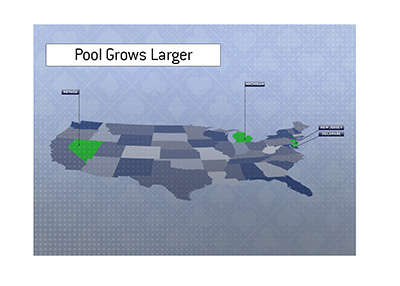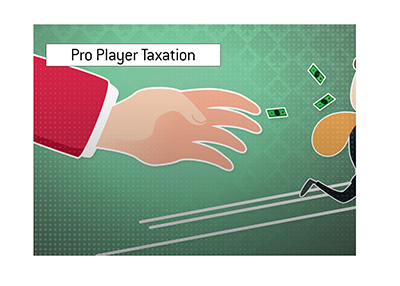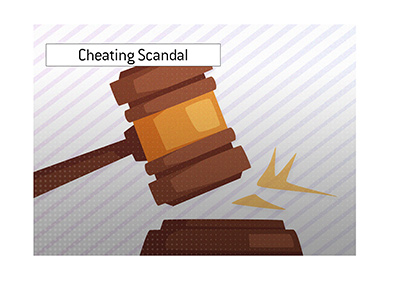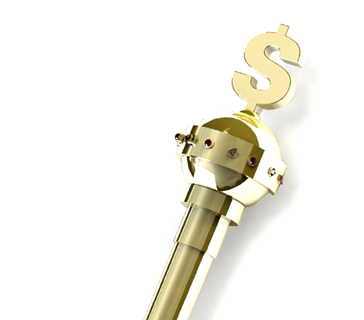Phil Ivey Legal Team: Judge Incorrect in Fact and Law
Published on November 5th, 2014 3:56 pm EST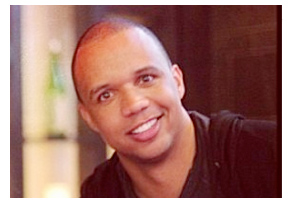 In early October, Phil Ivey and his legal team suffered a blow when they lost their court case against Genting Casinos UK, owner of Crockfords.
In early October, Phil Ivey and his legal team suffered a blow when they lost their court case against Genting Casinos UK, owner of Crockfords. In the summer of 2012, Ivey won approximately 7.7 million pounds (over $12 million USD) playing Punto Banco at the Crockfords casino. When Ivey requested a wire payout of his winnings, Crockfords decided to initiate an investigation of the win.
After consulting with experts and viewing videotape, Crockfords decided not to pay out Ivey's winnings. Instead, they simply returned his initial stake and claimed that they wouldn't pay out any of Ivey's profit. The reason? Crockfords contended that Ivey and his companion were using "edge sorting" to gain an edge over the casino.
Edge sorting occurs when a player uses improperly cut cards in order to gain an advantage over the casino. By requesting that the dealer flip certain cards in the deck 180 degrees, Ivey and his companion were able to know when certain cards had been dealt (the 7,8 or 9) without them having to be flipped over. This gave Ivey and his companion an edge over the casino and allowed them to walk away with over $12 million.
Ivey, in his lawsuit against Crockfords, acknowledged that he was an "advantage player" who had taken advantage of the edge that was presented to him. The problem, Ivey and his lawyers said, was that "edge sorting" did not constitute cheating.
Britain's High Court ended up agreeing with Crockfords' contention that Ivey's tactics were not legitimate. The Court, while acknowledging that Ivey was a truthful witness who legitimately believed that he was not cheating, ended up ruling that Crockfords did not have to pay more than $12.4 million to Ivey.
-
As mentioned, Ivey and his legal team have appealed the ruling "on the basis that that Judge was incorrect in both fact and law to conclude that edge sorting was cheating, particularly in circumstances where the Judge made it very clear in his judgment that he considered Phil to be a truthful witness and that he accepted that Phil genuinely believed that his actions during the game at Crockfords did not constitute cheating."
-
Ivey and his legal team are looking to have a busy 2015, as they will also be defending themselves against a lawsuit from the Borgata in which the casino alleges that Ivey used "edge sorting" to improperly profit to the tune of $9.6 million.
--
Filed Under: Poker Legal Issues

